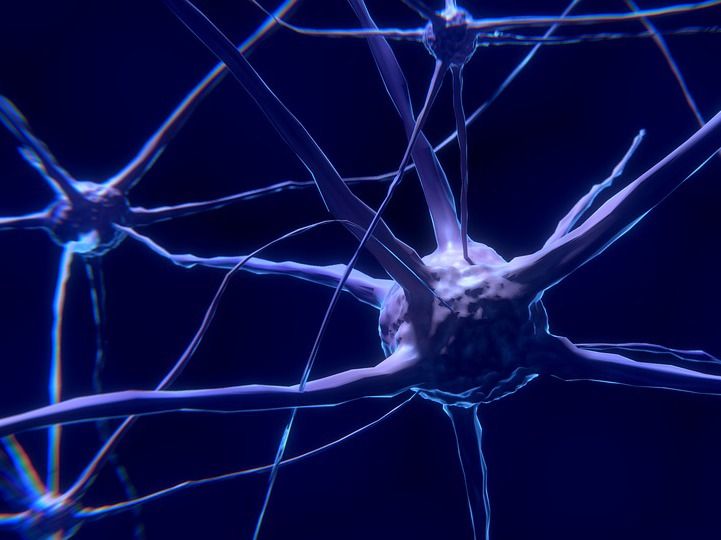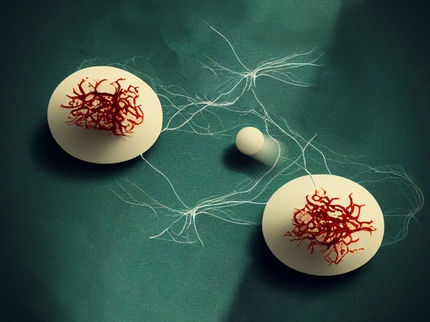Parkinson’s researchers test a new approach against motor disorders
Advertisement
Scientists of the German Center for neurodegenerative diseases (DZNE) and the University Medical Center Göttingen (UMG) have been able to alleviate motor disorders in mice that resemble those seen in Parkinson’s patients. The rodents were treated with a substance that affects the neurons and immune cells of the brain. If this novel approach proves to be successful in further laboratory studies, it could possibly be tested in clinical trials.

ColiN00B, pixabay.com, CC0
In Parkinson’s disease, certain neurons in the brain gradually die off. This so-called “neurodegeneration” has manifold potential consequences that range from serious digestive disorders to dementia. However, the typical hallmark of Parkinson’s disease is motor impairment, as patients suffer from tremor and stiffness of their arms and legs. Although some of these symptoms can be alleviated, current treatments cannot halt the loss of brain cells. Therefore, there is presently no therapy available to slow down or even stop the course of the disease.
Immune cells of the brain
The current study not only focused on neurons but also on the immune cells of the brain. The latter (called “microglia”) act as a protectant against harmful agents and pathogens. However, in Parkinson’s disease a chronic inflammation develops. As a result of this persistent immune reaction, the microglia might release metabolites that damage neurons and ultimately cause their death. “We therefore used an experimental drug that was known to have an anti-inflammatory effect,” says Prof. Anja Schneider, head of a research group at the DZNE in Bonn. “This compound is able to penetrate into the microglia and flip a molecular switch that attenuates the inflammatory reaction. The drug has already been tested in clinical studies on humans as a possible remedy for anxiety disorders. Therefore, data on this substance exists that proves its safety and tolerability in humans.”
Schneider and colleagues in Bonn and Göttingen investigated the effect of this substance called “Emapunil” on mice. These rodents showed movement disorders caused by the loss of neurons in the so-called substantia nigra. This brain area is also affected in Parkinson’s patients. Treating the mice with Emapunil alleviated the symptoms. “Animals that received the drug had a better command of their motion compared to the untreated animals in a control group,” says Prof. Tiago Outeiro, a researcher at UMG and co-author of the current study.
The scientists identified potential causes. “With our study we were able show that Emapunil has a protective effect on neurons. Different mechanisms appear to be involved”, explains Outeiro. “This drug acts on the microglia and dampens inflammatory reactions. Basically, this was already known. However, we now discovered that the compound also affects neurons directly. Especially in these cells Emapunil reduces the so-called unfolded protein response. This is a stress reaction that can lead to cell death.”
A molecular receptor
From previous investigations it was already known that Emapunil binds to a molecule called TSPO (translocator protein). This receptor is expressed in neurons and microglia. “Our results suggest that TSPO could basically be a target for drugs against neurodegenerative diseases,” says Prof. Markus Zweckstetter, a scientist at the DZNE’s Göttingen site and at the Max Planck Institute for Biophysical Chemistry.
The researchers propose to further investigate involved mechanisms. “In the lab only partial aspects of Parkinson’s disease can be simulated,” DZNE scientist Schneider says. “Therefore, we would like to suggest that the current results be tested in further laboratory studies and using other disease models. If acting upon TSPO proves to be successful, this strategy could be tested in clinical studies on Parkinson’s disease.”



















































